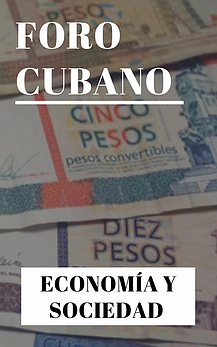Subversión y resistencia cotidiana en la economía cubana
Resumen
Los datos estadísticos discutidos en el artículo anterior demuestran que la economía oficial (legal y regulada) ha dejado de proveer los principales ingresos para los hogares cubanos. Entonces, ¿hacia donde se ha trasladado esta obligación, y por qué los cubanos siguen trabajando para el Estado, si los salarios no alcanzan para vivir? Para responder, nos apoyamos en los estudios de la ‘resistencia cotidiana’, un concepto desarrollado por el antropólogo Eric Wolf en los años 70, que refiere el conjunto de actos y actividades desorganizadas, encubiertas y generalmente despolitizadas que subvierten las prohibiciones y obstaculizaciones impuestas desde el poder, incluyendo normas, leyes y estructuras económicas y sociales. Mientras menos funciona un sistema económico impuesto desde arriba, más masivos, ingeniosos y obstruyentes serán los actos de microresistencia que emplea la población para defenderse de los impactos (hambre, escasez, estancamiento, etc.). Dadas las grandes dificultades e impotencias de enfrentar al PCC en el ámbito político, los cubanos han invertido todas sus insatisfacciones, luchas y aspiraciones en la construcción de mercados negros y ‘grises’, en la producción e importación soterrada, en la privatización espontánea y disimulada de recursos estatales, y en la evasión de controles e impuestos, entre otras burlas a la ley.


